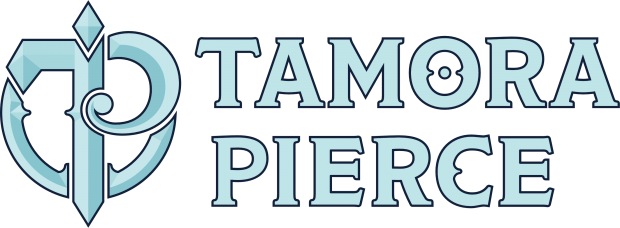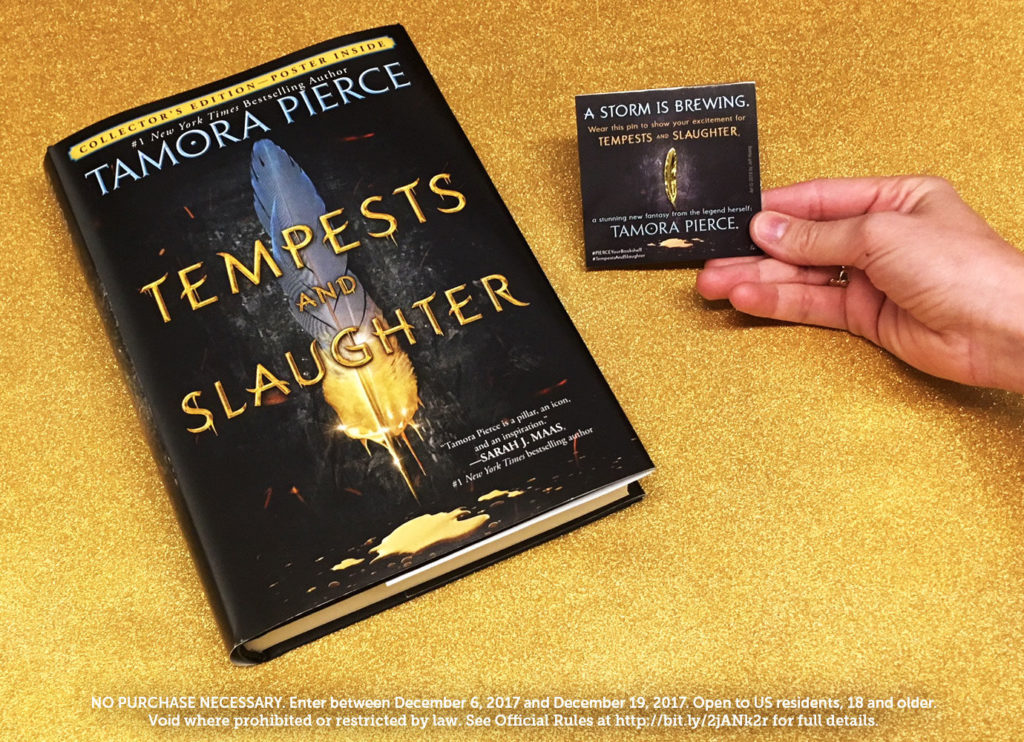[Note: Originally posted on Tammy’s tumblr, a few years ago.]
You need a good thesaurus and a good dictionary. You can’t always rely on your computer’s thesaurus and dictionary, any more than you can rely on its spell check function. A computer thesaurus will cough up a hairball over an alternate for “peripheral,” and spell check won’t catch homonym errors.
DO NOT RELY ON WIKIPEDIA FOR RESEARCH.
Author biographies: Read as many as you can manage. The only way to understand that everyone must work out how to write for themselves is to read how other writers did it, and try it out. I particularly recommend biographies written for kids. They concentrate more on how the person actually writes, and less on drama.
Advice to Writers: A Compendium of Quotes, Anecdotes, and Writerly Wisdom from a Dazzling Array of Literary Lights, compiled and edited by Jon Winokur
Author Talk, compiled and edited by Leonard S. Marcus
A kids’ book, it’s great for any writer. Marcus has the writers he interviews describe his/her work style, idea sources, work space, and how they came to what they do. He includes a manuscript page that each author has rewritten, so the reader sees the kind of work individual writers put into getting it right. It shows what I keep saying: There’s no right or wrong way to write, there’s only what works for you.
Bird by Bird by Anne Lamott
People I respect say this is the best book on the subject they have ever read. I respect them, so I pass their advice on to you.
Danse Macabre by Stephen King
Written in the 1980s, this is a specialized book about horror: how it works, when it fails, who the good horror writers and filmmakers are, by the guy who is arguably the best. It’s not up-to-date, but he has a good academic background in both horror and writing, and he’s happy to share. It’s amazing how many tricks that work for horror also work elsewhere.
Eats, Shoots & Leaves by Lynne Truss
A humorous approach to fiddly grammar bits.
The Elements of Style by Strunk and White
More help with those nasty fiddly grammar bits. A volume every writer should have.
Fairy Tales for Writers by Lawrence Schimel
Cautionary tales and very good advice wittily disguised as fairytales in poetry form. Fun!
How to Write Science Fiction & Fantasy by Orson Scott Card
He’s controversial for his views on things that aren’t part of his writing, but he has a clear understanding of what it takes to get a good story on paper, which is one reason why he is so popular with teenagers. He is a great storyteller, which means he speaks intelligently and clearly about the key to writing for a wide audience. Easy to find.
On Writing: A Memoir of the Craft by Stephen King
Oh, he’s nasty and he swears, does Steve, but he has a lot to say about how a person can make himself into a writer and just what it takes to stay a writer. Part of this is autobiography, about his childhood and about his recovery from an auto accident that nearly killed him. He’ll also tell you that his way to do it is the only way. He’s wrong about that, but he still knows a great deal about writing, and he’s worth listening to.
The Portable Dorothy Parker, introduction by Brendan Gill
From Part Two: Later Stories, play reviews from Vanity Fair and The New Yorker, and book reviews. Parker turns a critic’s relentless eye on what is overdone, what looks good and turns out badly, and what falls on its nose in writing, and she writes it all down with a razor dipped in ink. You’ll laugh; you’ll cry; you’ll cringe. Learn what not to do.
Telling Lies for Fun and Profit: A Manual for Fiction Writers by Lawrence Block
One of the best books about writing straightforward fiction, telling it right and telling it directly, without any weird chants or ceremonies.
The Tough Guide to Fantasyland: The Essential Guide to Fantasy Travel by Diana Wynne Jones
Though written as a travel guide, this is a very wicked, very POINTED guide to all the over-used and illogical tropes of high fantasy (and too many other kinds of fantasy as well). Save yourself grief and rejections if you want to write fantasy, and find this book.
The Wand in the Word: Conversations with Writers of Fantasy, compiled and edited by Leonard S. Marcus
Interviews with writers like Lloyd Alexander, Susan Cooper, Brian Jacques, Garth Nix, Terry Pratchett, and other superstars of the kids’ fantasy universe, along with sample manuscript pages, suggestions for getting unstuck—this book is a treasure trove.
The Writer’s Quotation Book, edited by John Charlton
Sometimes the only thing that will convince you that you’re not the biggest screw-up in the history of creativity is to read the words of someone else who’s in the same mess. That’s what this book is for: to show you that Winston Churchill, Margaret Drabble, Somerset Maugham and Fran Lebowitz have all been there before you.
Zen in the Art of Writing by Ray Bradbury
A series of essays by a master of literary science fiction, his reflections on the genre, descriptions of his own process for generating ideas, and thoughts on the nature of writing and writers in general.
Online Resources:
Little Details
You can ask other detail experts for help and help other writers with your own areas of expertise.
Society for Creative Anachronism
If you are into the medieval period or the Renaissance, these are the nutter butters for you.
Pictoral Glossary of Armor Terms
Not as thorough as Stone’s Glossary of Arms and Armor, but cheaper.
When is–?
Holiday dates around the world.
Writer’s Market
The Writer’s Market online site, with agent and publisher listings.
Society of Children’s Book Writers and Illustrators
For picture books through teen, for writers just starting out to long-term pros, good for assisting first-time writers with connections with editors and agents and questions about the field.
Science Fiction and Fantasy Writers of America
More friendly to adult writers than writers of kidlit; covers sci-fi, fantasy, and horror.
Horror Writers Association
More genre-intensive than SFWA.
Romance Writers of America
Don’t sneer, there’s a lot of crossover with sf/f/horror being written these days, and some of our brightest lights are writing it!







Alpha Workshop, Appearances